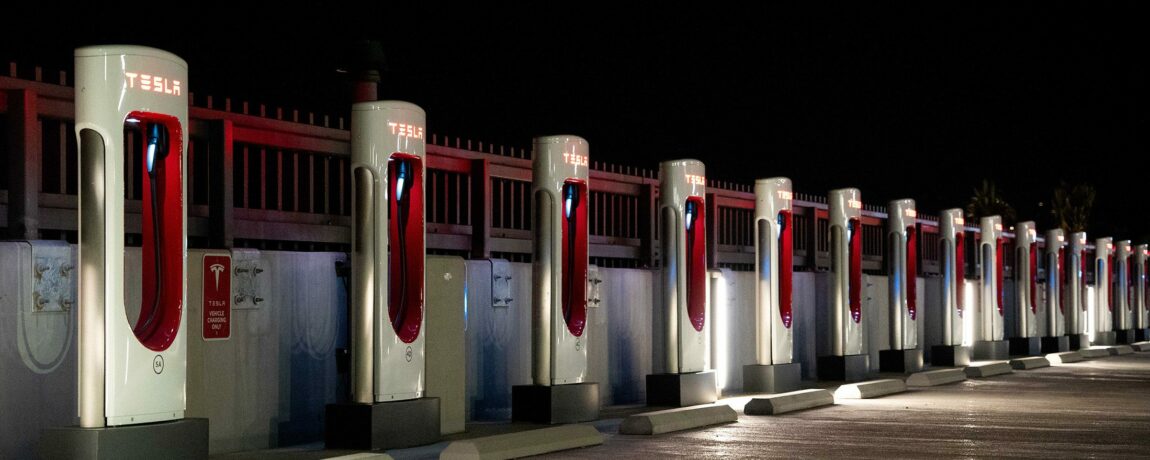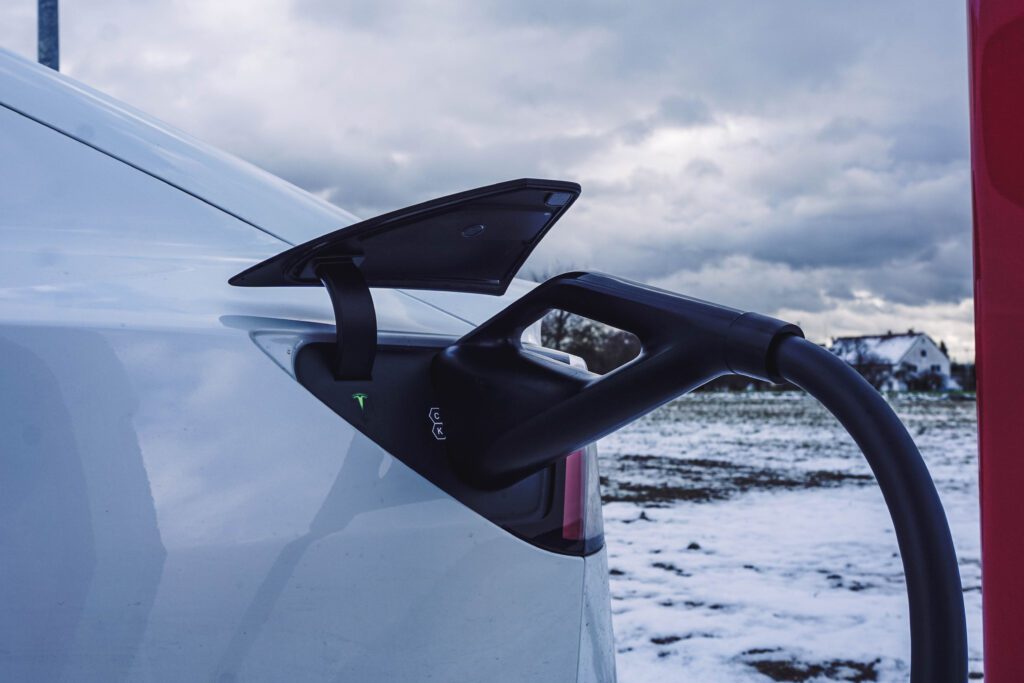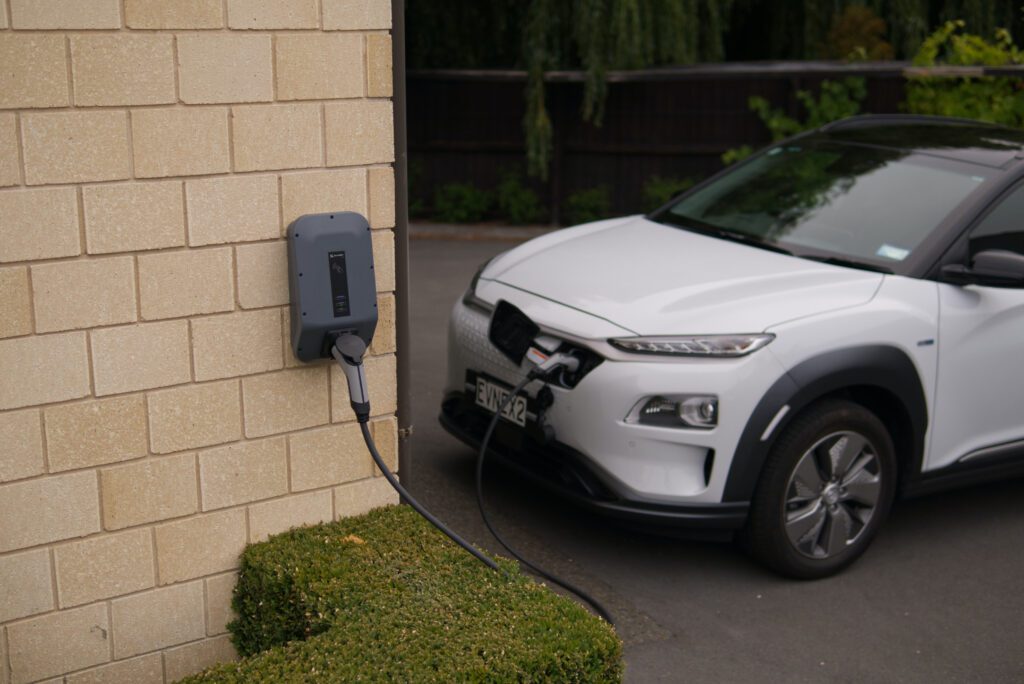
The Benefits For Businesses Of Going Electric
The ban on the sale of combustion engine cars is seemingly just around the corner, with manufacturers releasing electric-only models almost on a weekly basis. Following on from our Petrol vs Electric: Which Is Cheapest and There Is An Electric Car For Everyone blog posts, it appears the benefits for car buyers and driving enthusiasts switching to electric power are varied, but potentially show some promise for the future. But what about the benefits for businesses owners or business purchases?
Many benefits for the general public purchasing their own electric car have been reduced or removed entirely, such as government grants to purchase the car and tax incentives reduced to entice you out of your petrol or diesel cars. However, the benefits for business purchases are still very tempting and can benefit both owners and company car users in a variety of ways.
Benefit in Kind
Company car usage used to be a cheap way to run a car through a business yet has become increasingly expensive in recent times. The privilege for using a company car results in a ‘benefit in kind’ tax paid by the employee, calculated on a percentage of the car’s list price and based upon the amount of emissions it produces. Even the greenest of petrol cars incur a 14% charge and the minimum diesel car being rated at 18%. As an example, a petrol-powered Range Rover Sport with its large emissions incurs the maximum BIK rate of 37% on its near £120k list price, and a cost of over £42k for the ‘22/’23 tax year.
However, running an electric car through a business, thanks to its zero emissions, the percentage is fixed at 2%, and is currently not due to change until April 2025, representing a huge saving. As an example, a Tesla Model X Plaid with 2% BIK percentage equates to just £2,345, despite the same near £120k list price. Quite a saving over the Range Rover’s excessive cost to the employee for a car that on paper is similarly priced.

Capital Allowance
A car that is purchased by a company, that an employee can also use privately, is generally only able to obtain tax relief under the method of claiming back allowances. A very slow and drawn-out way to claim the cost of the vehicle back over potentially a long period of time. With an electric car, however, up until the end of March 2025, a company is entitled to claim 100% allowance in the first year, meaning the full cost of the car can be offset against the taxable profits in the same year of the purchase.
Although this means the company may need to have sizeable profits to be able to include such a large write-off, there is the possibility to include a huge benefit in the first year of owning the electric vehicle. As with petrol and diesel cars, full tax relief is also available each year on the cost of maintaining and insuring the car, which is also exempt from additional BIK contributions.
Self Employed
Electric cars purchased for business use through a self-employed person benefit from the same ability to claim capital allowance as a company would, but with no BIK calculation necessary. If private use is to be included, then a private use adjustment will need to be made as with any other business asset that may be able to be used personally.
Charging
Many workplaces are starting to offer electric car charging in their staff or visitor car parks and there may be savings or incentives to be had here too. A business installing a car charging point on their premises is entitled to claim 100% of the cost back within the first year, even if that charging point is to be used for non-business purposes. Not only does the charging point also not incur any further BIK charges for the employees, but they are also free to use the charge point even if they are charging their own personally owned electric cars.
Should a company also wish to install an electric car charging point at their employees’ homes, this would also be included and avoid creating any BIK charges, however allowance claimed back for the electricity used for private mileage would then be taxable to the employee.

Congestion Charge
An additional incentive when using your electric company car is the saving on the congestion charge. Although currently solely London usage, the congestion charge is something that appears that it will be eventually rolled out in one way or another to several major cities across the country looking to reduce their inner-city pollution. At the current price of £15 per day to enter central London, the exemption for electric cars entering the city is a welcome one, with a cost saving of potentially over £300 a month. However, like many of the incentives, the electric car exemption is scheduled to end in 2025, with the charge applying to all vehicles after.
The benefits for business owners and employees looking to purchase and run electric cars over their petrol-powered equivalents is plain to see. Not only are they potentially cheaper to run in the long term, with the benefits of at work or at home charging, but thanks to the ability to offset the full cost of the car in the first year as capital allowance, as well as the benefit in kind rates being much more favourable, the decision to switch to electric can potentially be a financially rewarding choice.

Electric Cars & Oracle
Here at Oracle Car Finance, we specialise in finding funding for electric vehicles. Find out more information about our Electric Car funding by clicking here.
Alternatively, speak to your dedicated Account Manager today who will be on hand to talk you through the buying process and finance options tailored to you and your requirements. You can get in touch with us either by calling us on 0800 012 6666 or clicking here.
Voted Best Specialist Car Finance Provider four years in a row at the Car Finance Awards 2020, 2021, 2022 and 2023 having funded over £1.7 billion so far and counting.
Make sure you follow us on Instagram, LinkedIn and Facebook to keep up to date with what’s happening in the market and to see some stunning photos and videos of the amazing cars we fund.










